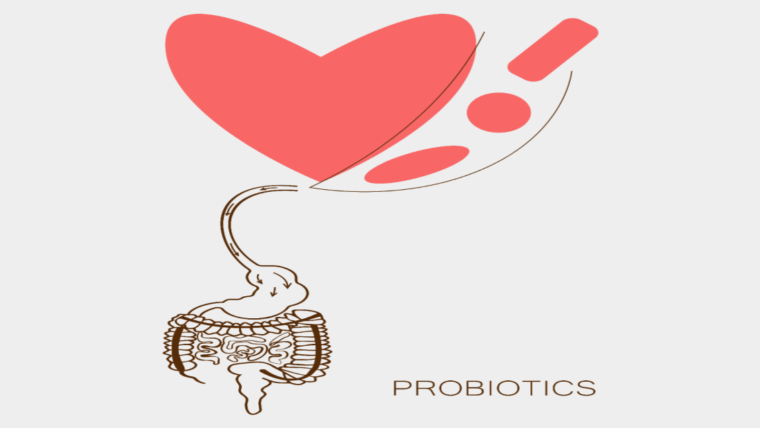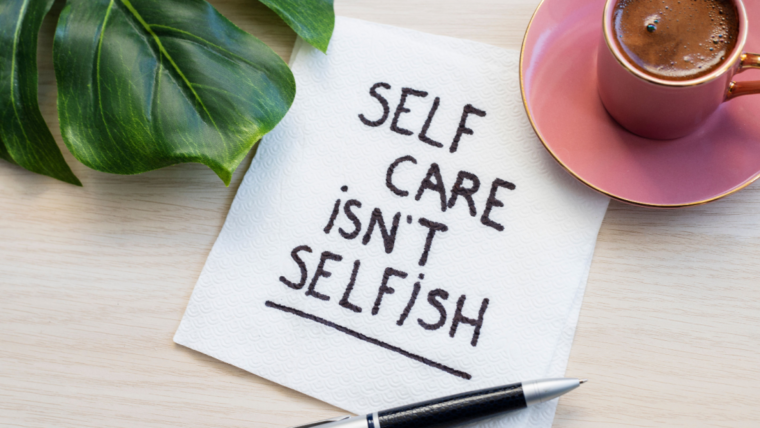In the hustle and bustle of modern life, stress has become an unwelcome companion for many. The toll of chronic stress on our health and well-being is undeniable, affecting not only our mental state but also our physical health. As someone passionate about holistic wellness, I invite you to explore stress management techniques that you can start implementing today. Let’s delve into the impact of stress on health and well-being and discover actionable tips to navigate life’s challenges with resilience and ease.
Understanding the Impact of Stress on Health
Stress is a natural response designed to help us navigate threats and challenges. However, when stress becomes chronic, it can wreak havoc on both our physical and mental health. From elevated blood pressure and weakened immune function to sleep disturbances and mood disorders, the effects of prolonged stress are far-reaching. Recognizing these impacts is the first step toward taking control of your well-being.
Actionable Tips for Managing and Reducing Stress
- Practice Mindfulness Meditation: Mindfulness meditation is a powerful tool for cultivating awareness and reducing stress. Start with short sessions, focusing on your breath and gently redirecting your mind when it wanders.
- Deep Breathing Exercises: Engage in deep breathing exercises to activate the body’s relaxation response. Try inhaling deeply for a count of four, holding for four counts, and exhaling for four counts. Repeat several times.
- Establish Boundaries: Learn to say no and set boundaries to protect your time and energy. Recognize that it’s okay to prioritize your well-being and decline additional commitments when necessary.
- Regular Exercise: Physical activity is a natural stress reliever. Whether it’s a brisk walk, a yoga session, or a workout at the gym, find an activity that you enjoy and make it a regular part of your routine.
- Connect with Nature: Spending time in nature has been shown to reduce stress levels. Take a walk in the park, hike a trail, or simply sit in a garden to enjoy the calming effects of the natural world.
- Journaling: Expressing your thoughts and emotions through journaling can be therapeutic. Take a few minutes each day to write down your feelings, challenges, and accomplishments.
- Prioritize Sleep: Quality sleep is essential for stress management. Establish a relaxing bedtime routine, create a comfortable sleep environment, and aim for 7-9 hours of sleep per night.
- Engage in Relaxation Techniques: Explore relaxation techniques such as progressive muscle relaxation or guided imagery. These practices can help calm the mind and alleviate physical tension.
- Social Support: Cultivate a strong support system. Share your feelings with friends or family members, and don’t hesitate to seek professional help if needed. Social connections are invaluable in times of stress.
- Laugh and Have Fun: Laughter truly is medicine. Engage in activities that bring joy and laughter into your life. Whether it’s watching a funny movie or spending time with loved ones, laughter has a remarkable ability to alleviate stress.
Empower Yourself with Stress-Relief
In conclusion, managing stress is not about eliminating it entirely but rather empowering yourself with effective coping strategies. Click on the sections that resonate with you, and begin incorporating these stress management techniques into your daily life. By taking proactive steps to reduce stress, you are investing in your long-term health and well-being, fostering a life filled with resilience, balance, and a greater sense of calm. Today marks the beginning of your journey towards a less stressed and more vibrant you.

